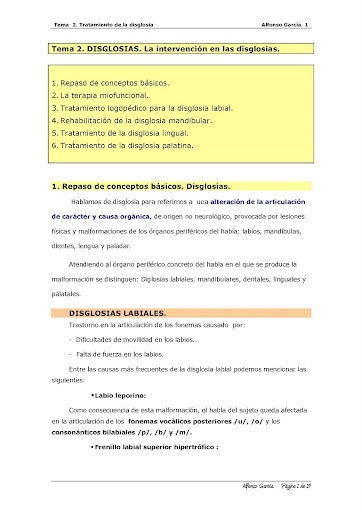Here we are poised to begin another new year. There is always much talk about resolutions and what we want to change about ourselves for the coming year. I have tried to make at least one resolution each year. That resolution is to contribute one important thing to the early childhood community. I hope to publish something in 2009 and hope that it will be helpful to teachers and caregivers. Here's to 2009 and everything we an accomplish between now and 2010. Good Luck.
Automobiles / Cars / Auto Parts
Food and Related Products
Accounting and Auditing
Employment & Work
Mining and Drilling
Clothes & Shoes
Alternative treatment
Construction and Maintenance
Business Services
Personal Finance
Reproductive Health
Retail Trade
Instruments and Supplies
Holidays / Vacations
Coupons / Discounts
Credit and Collection
Outdoor Activities
Public Health and Safety
Web Development & Web Design
Make Money Online / Website Monetization
Materials Human Resources
Fitness and Body Spirit
Food and Related Products
Accounting and Auditing
Employment & Work
Mining and Drilling
Clothes & Shoes
Alternative treatment
Construction and Maintenance
Business Services
Personal Finance
Reproductive Health
Retail Trade
Instruments and Supplies
Holidays / Vacations
Coupons / Discounts
Credit and Collection
Outdoor Activities
Public Health and Safety
Web Development & Web Design
Make Money Online / Website Monetization
Materials Human Resources
Fitness and Body Spirit
Archives
-
▼
2008
(258)
-
▼
December
(18)
- A New Year
- Review of 2008
- I was out breaking the ice on our pond (winter has...
- Children's Plan / Play Strategy
- The Child Care Transition
- Monitoring Poverty & Social Exclusion
- Wider Workforce Week
- Rose Review - Interim Report
- Faith Schools & Community Cohesion
- Someday...
- GUÍA PARA TRABAJAR DISGLOSIAS- Alfonso García
- LÁMINAS PARA TRABAJAR ATENCIÓN- Maribel Martínez C...
- Homes Fit for Families
- More Bits 'n' Bobs
- SOFTWARE: VIVIENDO ENTRE SONIDOS
- TEST DE ARTICULACIÓN EN IMAGENES
- DCSF reports
- Children's Services / Bullying
-
►
November
(43)
- POWER POINT: ACTIVIDAD SOBRE ABSURDOS VISUALES Y ¿...
- Yaa..Well...There's Always Mashed Potatoes.
- TEST ACE "ADDENBROOK'S COGNITIVE EXAMINATION "- Sa...
- Play for a Change
- ARTICULO: EVALUACIÓN CLÍNICA Y VIDEOFLUOROSCOPIA D...
- ARTICULO: REHABILITACIÓN EN LA DISFAGIA OROFARINGE...
- WEB: VARIAS ACTIVIDADES!- Lycos
- Education For All
- New Laws on Forced Marriages
- Children and Young People in Mind
- FELIZ DIA DEL FONOAUDIOLOGO :)
- What Happened?
- Pupil Attainment
- PROTOCOLO DE DISFAGIA
- PAGINA WEB: Informacion de patologias con deterior...
- CCInform (Again!)
- Working Together
- CONSIDERACIONES SOBRE EL DESARROLLO DE LA TEORÍA D...
- Ofsted Annual Report
- Britain & Beyond
- MINIMENTAL STATE EXAMINATION- Folstein
- Breaking The Cycle
- CUDERNO DE REPASO PARA ENFERMOS DE ALZHEIMER EN ET...
- CUDERNO DE REPASO PARA ENFERMOS DE ALZHEIMER EN ET...
- NOTICIAS: COMUNICADO A LA CAMARA DE DIPUTADOS SOBR...
- School and Money
- A Mixed Bag
-
▼
December
(18)

















